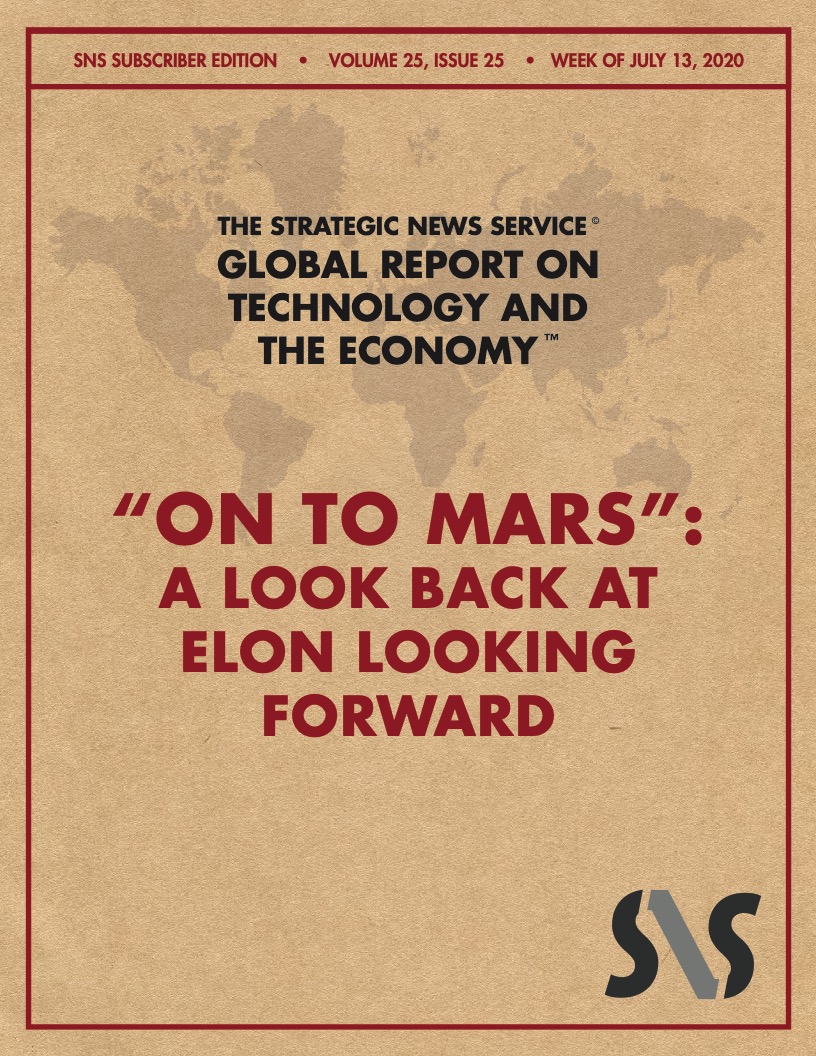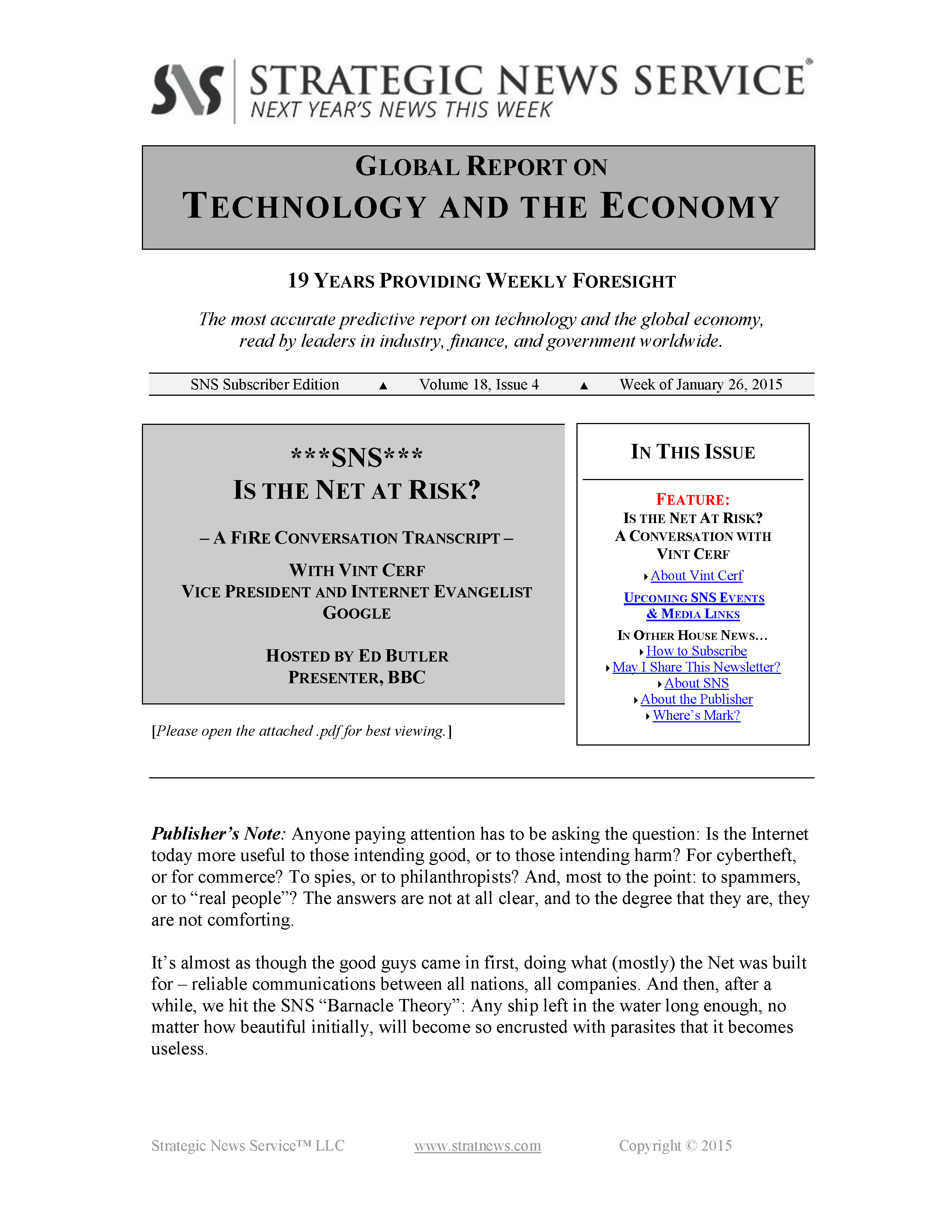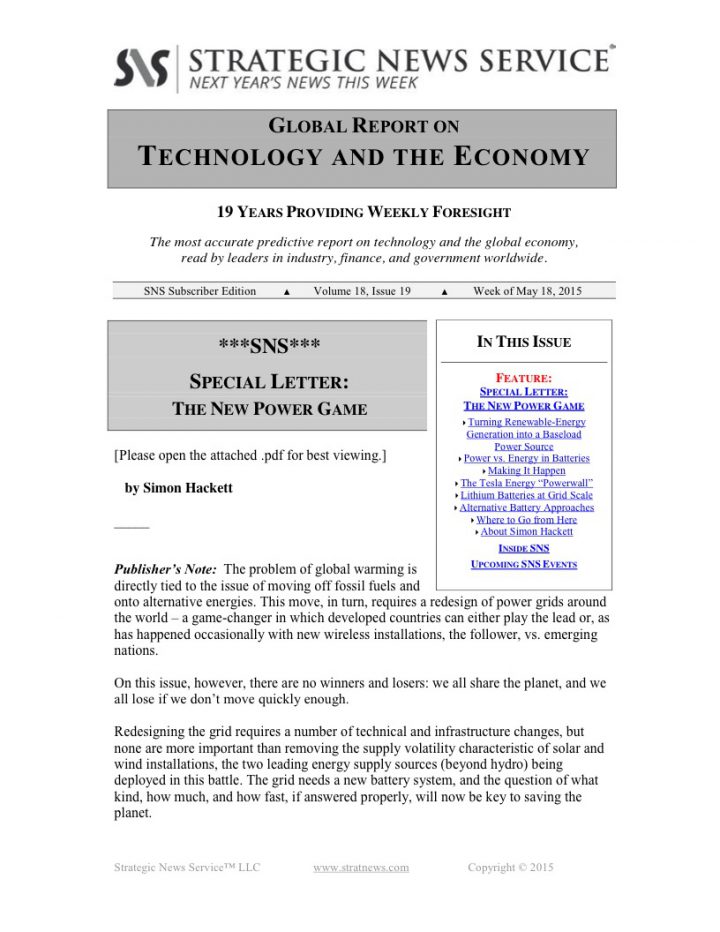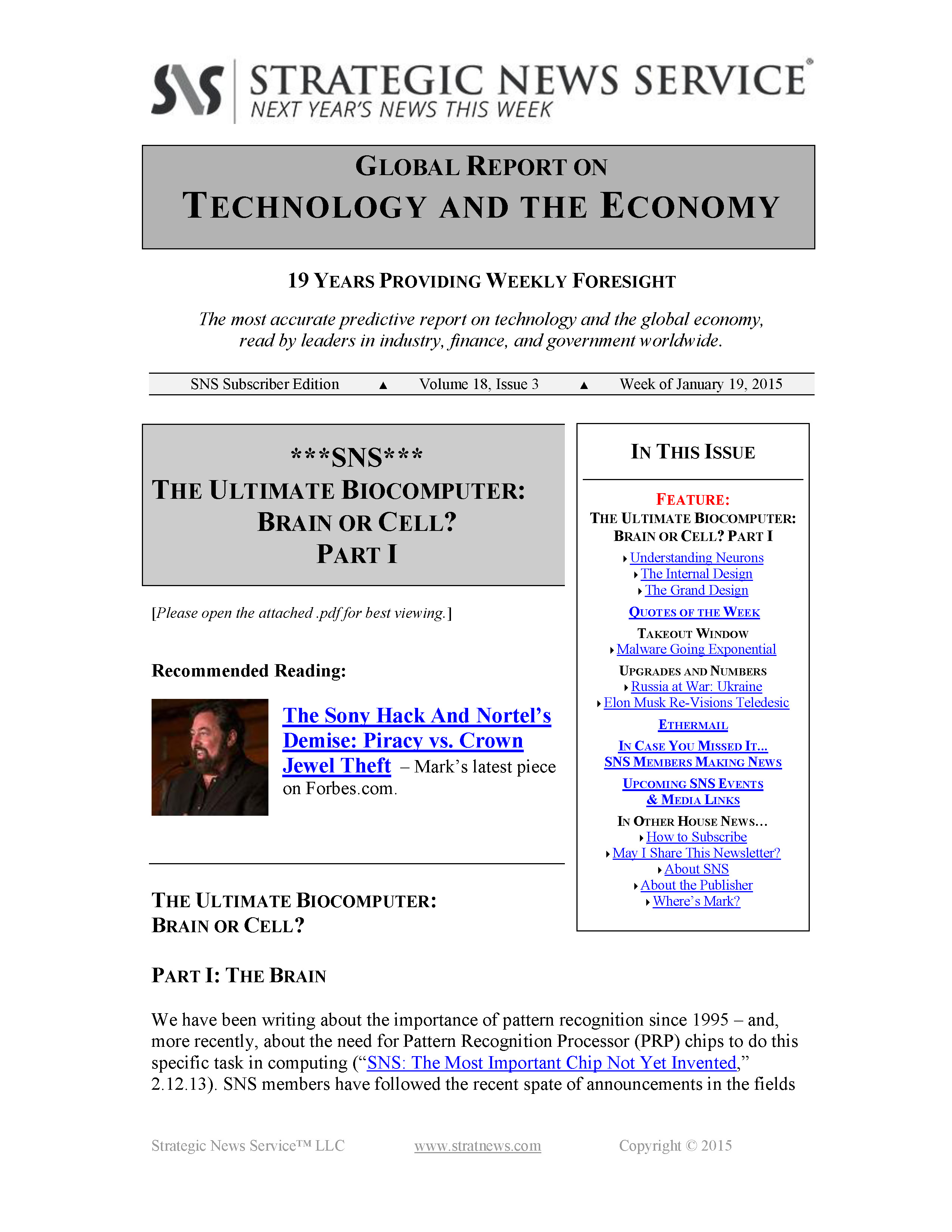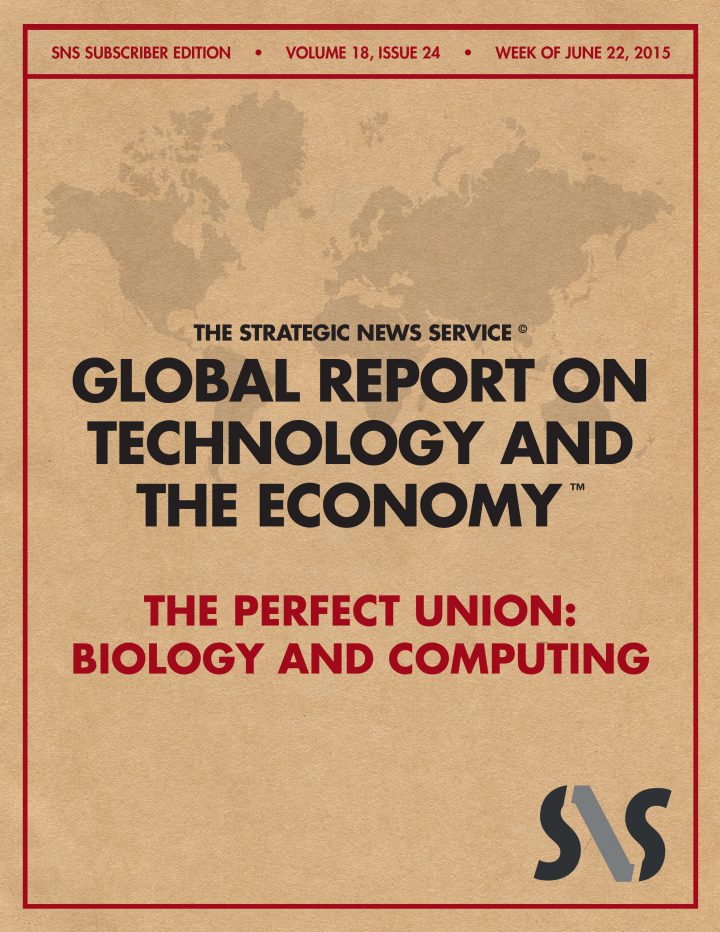In This Issue
Vol. 25 Issue 25
“On to Mars”: A Look Back at Elon Looking Forward
Elon Musk, CEO, SpaceX and Tesla Inc.
With host Oliver Morton, Science Writer and Editor
On Our Radar
- The Elon Sessions: A FiRe Photo Retrospective
—-
“On to Mars”
Elon Musk, CEO, SpaceX and Tesla Inc.
With host Oliver Morton, Science Writer and Editor
FiRe 2003 Conference
Wednesday, May 21, 2003 – The Hotel del Coronado – Coronado, California
_____
This conversation has been lightly edited.
_____
Mark Anderson: I would like to introduce Oliver Morton and Elon Musk. Oliver, as I’m sure you know, is one of the world’s best science writers. He used to write for The Economist and be science editor there, and he has just finished a book, which I highly recommend, which is called Mapping Mars. And Elon has started this amazing new company called Space Explorations and is about to launch a rocket on December 17th – or so.
With no more adieu, off you go.
Oliver Morton: I suppose the question we have to start with, given the title of the topic we’ve been given, is: Why Mars? Since we’re talking about “On to Mars,” why is it that Mars fires your imagination and has inspired you to start SpaceX?
Elon Musk: Well, I should probably clarify the difference between SpaceX, which is really a commercial company oriented at solving a launch problem, and a personal ambition in the direction of Mars and what I think we should be doing there.
SpaceX is a company that I formed after PayPal with the principal goal of lowering the cost and improving the reliability of access to space, which, in my opinion, is the fundamental obstacle holding us back from doing more than we’re doing today. If we have a cost-per-pound to orbit, at $10,000 there’s really not much you can do beyond muck around in low-Earth orbit, as we’re doing today, even with the $15 billion budget that NASA has.
On a personal basis, the question of Mars and why that is important I think goes to the notion of being a multi-planetary species, or a couple of other phrases: “Backup the biosphere …” There’s a natural tendency for people to extrapolate on a straight line, and to think that the way things are today is pretty much the way they will always be, or maybe with a few differences. I think people fail to appreciate that we’re at a unique point in history.
The Earth has been around for somewhere on the order of 4 billion years. Never before now has the species at any time had the ability to expand beyond Earth. This is really the first time in 4 billion years. While it’s possible that humanity may see a constant “Onward and upward” trajectory, I think there’s also a non-trivial possibility of either an external, or perhaps more probably an internal, extinction event occurring.
“I think there’s also a non-trivial possibility of either an external, or perhaps more probably an internal, extinction event occurring.”
And the best way to ensure humanity’s survival – and this is just one argument, but the best way to ensure humanity’s survival would be to be a multi-planetary species. The choice of Mars is – Mars is really the only possibility, as well you know and could describe probably as well as, or better than, myself. But Mars holds open the possibility of being another Earth-like environment, and no other place in the solar system does.
….
Additional information
| Topics |
|---|
SKU: SNS-2020-07-14 - Need Help? Contact Us Leave Feedback
Categories: 2020 Issues, Back Issues
Tag: PDF Download

